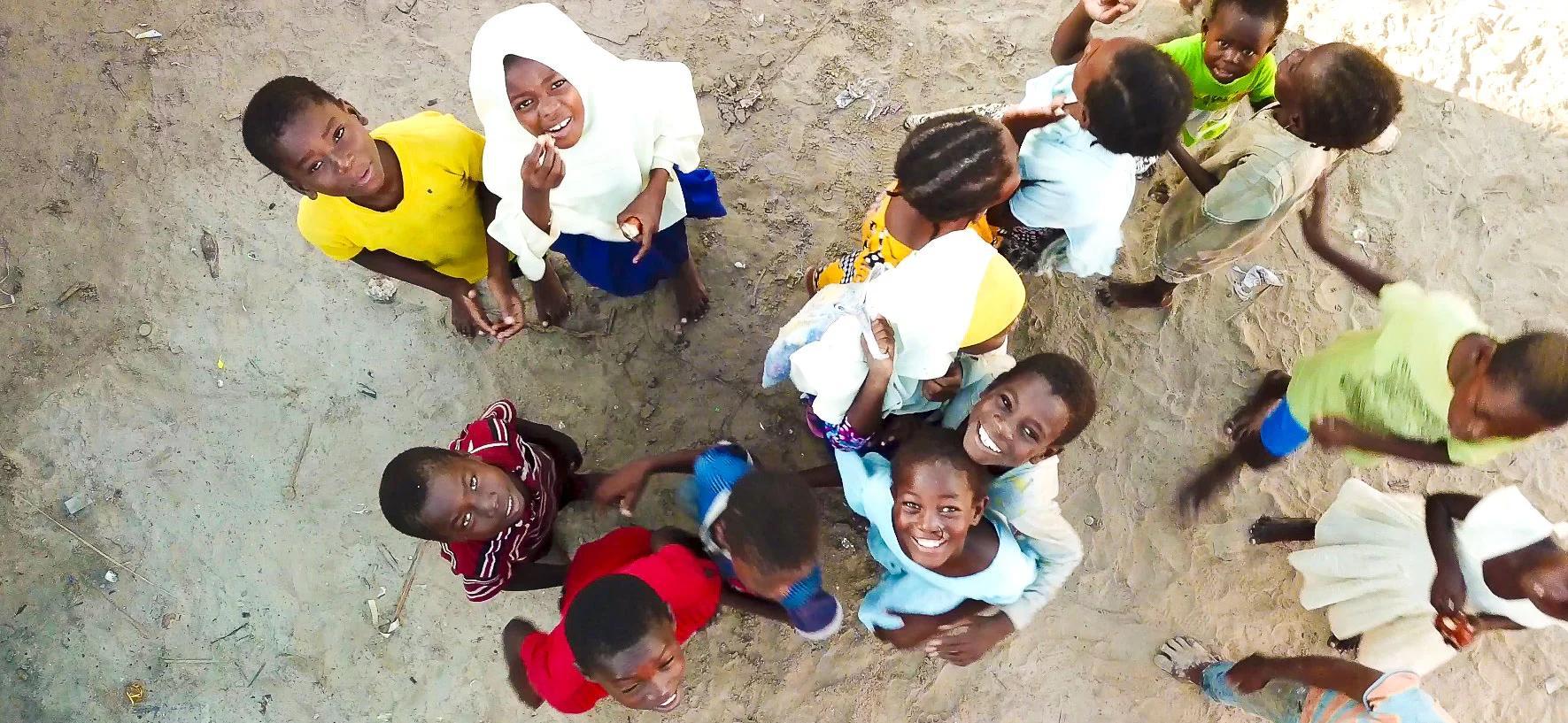Africa-Press – Angola. UNICEF recognizes Angola’s challenges regarding the “high number of children outside the education system” and the “overcrowding of school infrastructures, which influences the quality of education”.
The representative of the United Nations Children’s Fund in Angola (UNICEF) acknowledged this Thursday the increase in the education budget each year, but regretted that a high number of children continue to be outside the education system.
Antero Almeida was speaking at the opening of a round table on Investment in the Education Sector, which brought together representatives from UNICEF, the Ministry of Education, the Ministry of Finance and members of civil society.
“We recognize the efforts of the Government of Angola and the increase each year in the budget dedicated to education and the ambitious goals defined in the National Development Plan 2023-2027, which aim to increase the net enrollment rate in the initiation class by ten percentage points, and in primary education by six percentage points, and secondary education by four percentage points, by 2027”, said Antero Almeida.
The official also applauded the Angolan Government’s focus on expanding access to education, through the construction of schools and children’s centers, important initiatives such as the Integrated Intervention Plan in Municipalities (PIIM) and the focus on the quality of teaching and teacher training, through pilot projects such as “Learning at the Right Age”, which aim to strengthen skills and new approaches that will reduce gaps and accelerate student learning.
“However, we also recognize the challenges regarding the high number of children still outside the education system, the difference between girls and boys who do not progress from primary to secondary education and the overcrowding of school infrastructures, influencing the quality of education”, he highlighted.
According to Antero Almeida, the current proposal for the General State Budget for 2025 “defines the largest allocation ever for education”, with 2.24 trillion kwanzas (2.1 billion euros), representing 6.5% of the total OGE. The budget for education has been increasing over the last five years.
For Antero Almeida, “it will only be possible to achieve the Incheon Declaration target of 20% and improve the quality of expenditure if there are improvements in the allocation dedicated to the education sector”.
This round table, highlighted the UNICEF representative, is an opportunity for experts and sector leaders, with the commitment of civil society and international partners, to discuss the paths and strategies to achieve “more and better results, with existing resources”, also identifying other sources of financing for the sector.
“Ensuring quality education for all boys and girls in Angola is fundamental for economic growth, with every dollar invested in education generating up to 10 dollars in economic benefits,” he noted.
In turn, the Angolan Secretary of State for Pre-School and Primary Education, Pacheco Francisco, said in his opening speech that “the Government has sought in its actions to bring the quality of educational processes closer together, both in terms of curricular alignment and the improvement of school programs and textbooks, as actions of strategic relevance”.
Pacheco Francisco also highlighted the need to increase investment in order to reinforce the role of education in the country’s sustainability.
“What is intended with the gradual increase in the sector’s budget is greater investment in human, material, organizational and symbolic resources aimed at providing an adequate environment for the sector’s full development,” he said.
For More News And Analysis About Angola Follow Africa-Press






